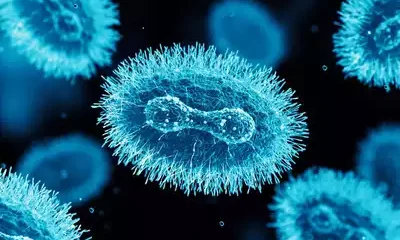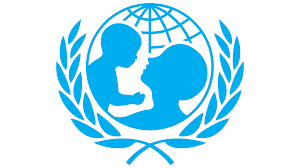Metro
1.4 Million Died Annually From Lack Of Water — Report

World Health Organisation (WHO) and United Nations Children’s Fund (UNICEF), in a new report on world’s progress on household drinking water, sanitation and hygiene (WASH), said no fewer than 1.4 million lives are lost each year as a result of inadequate water, sanitation and hygiene, globally.
The report, which is the first in-depth analysis of gender inequalities in drinking water, sanitation, and hygiene (WASH) in households, said women and girls bear the brunt of the water and sanitation crisis because they are responsible for fetching water in 7 out of 10 households without supplies on-premises.
According to the report, globally, 1.8 billion people live in households without water supplies on the premises. Women and girls aged 15 and older are primarily responsible for water collection in 7 out of 10 such households, compared with 3 in 10 households for their male peers.
Also, girls under 15 (7 %) are also more likely than boys under 15 (4%) to fetch water. In most cases, women and girls make longer journeys to collect it, losing time in education, work, and leisure, and putting themselves at risk of physical injury and dangers on the way.
The report also shows that more than half a billion people still share sanitation facilities with other households, compromising women’s and girls’ privacy, dignity, and safety.
Among 51 countries with available data, women and adolescent girls in the poorest households and those with disabilities are the most likely to lack a private place to wash and change.
WHO Director, Environment, Climate Change and Health Department, Dr Maria Neira, in a remark said that the latest data from WHO shows a stark reality, that 1.4 million lives are lost each year due to inadequate water, sanitation and hygiene.
He added, “Women and girls not only face WASH-related infectious diseases, like diarrhoea and acute respiratory infections, but they also face additional health risks because they are vulnerable to harassment, violence, and injury when they have to go outside the home to haul water or just to use the toilet”.
In a remark, UNICEF Director of WASH and CEED, Cecilia Sharp, said every step a girl takes to collect water is a step away from learning, play, and safety.
According to her, “Unsafe water, toilets, and handwashing at home robs girls of their potential, compromises their well-being, and perpetuates cycles of poverty. Responding to girls’ needs in the design and implementation of WASH programmes is critical to reaching universal access to water and sanitation and achieving gender equality and empowerment.”
The report notes some progress towards achieving universal access to WASH. Between 2015 and 2022, household access to safely managed drinking water increased from 69 to 73 %; safely managed sanitation increased from 49 to 57 %; and basic hygiene services increased from 67 to 75 %.
But achieving the Sustainable Development Goal target for universal access to safely managed drinking water, sanitation, and basic hygiene services by 2030 will require a six-fold increase in current rates of progress for safely managed drinking water, a five-fold increase for safely managed sanitation, and a three-fold increase for basic hygiene services.
Send Us A Press Statement Advertise With Us Contact Us
And For More Nigerian News Visit GWG.NG














